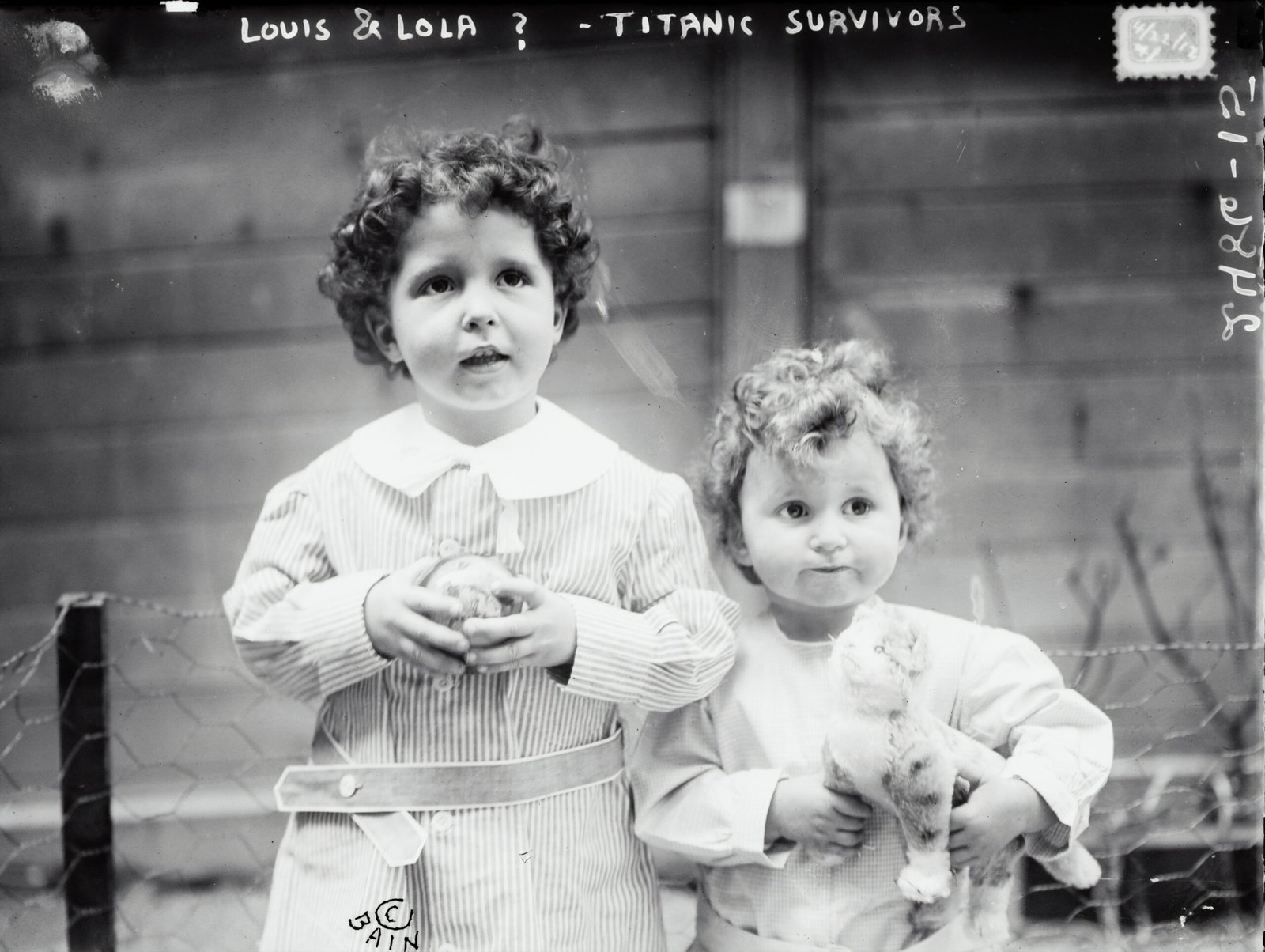Introduction to Books that Transform Lives
Books have long been recognized as powerful tools for personal growth, self-discovery, and motivation. They offer a unique opportunity to delve into the minds of thought leaders, philosophers, and storytellers who have dedicated their lives to understanding the human experience. In this blog post, we explore five exceptional books known for their ability to significantly impact readers’ lives, fostering personal development and fulfillment.
The transformative potential of these books lies in their profound messages and timeless wisdom. Each title was carefully selected based on specific criteria: popularity, longevity, and the ability to convey deep, life-changing insights. These books have not only withstood the test of time but have also garnered widespread acclaim for their contributions to personal growth and self-improvement.
Reading such literature can serve as a catalyst for change, prompting introspection and a reassessment of one’s values and goals. Through compelling narratives and insightful guidance, these books encourage readers to embark on journeys of self-exploration and improvement. Whether you’re seeking motivation, clarity, or a deeper understanding of yourself and the world around you, these books offer invaluable perspectives and practical advice.
As you engage with the content of this blog post, consider how each book might resonate with your own life experiences and aspirations. The lessons and stories within these pages have the power to inspire, challenge, and ultimately, transform. This curated selection aims to provide a diverse range of viewpoints and strategies, ensuring that there is something for everyone, regardless of where you are on your personal growth journey.
Join us as we delve into the five best books for life, each a beacon of wisdom and inspiration, ready to guide you towards a more fulfilling and enlightened existence.
Book 1: ‘The Power of Now’ by Eckhart Tolle
‘The Power of Now’ by Eckhart Tolle is a transformative guide that emphasizes the profound importance of living in the present moment. Central to Tolle’s teachings is the concept of mindfulness, which he argues is essential for reducing stress, improving mental health, and discovering deeper meaning in daily life. By focusing on the present, Tolle asserts that individuals can break free from the incessant chatter of the mind, which often dwells on past regrets or future anxieties, thereby achieving a state of inner peace and heightened awareness.
One of the key themes of the book is the distinction between the mind and the true self. Tolle explains that the mind often creates an illusion of self that is rooted in ego and fear. By practicing mindfulness, individuals can transcend this illusion and connect with their true essence. This shift in perception can lead to a substantial reduction in stress and anxiety, as individuals learn to let go of negative thought patterns and embrace the present moment fully.
Tolle provides practical exercises to help readers cultivate mindfulness. One such exercise involves focusing on the breath, observing each inhalation and exhalation without judgment. This simple yet powerful practice can anchor the mind in the present, fostering a sense of calm and clarity. Another exercise encourages readers to become aware of their habitual thought patterns and to question their validity, thereby breaking the cycle of automatic, negative thinking.
Many readers have shared testimonials about the positive impact ‘The Power of Now’ has had on their lives. For instance, individuals struggling with anxiety have reported significant improvements in their mental well-being after integrating Tolle’s teachings into their daily routines. Others have found a renewed sense of purpose and fulfillment by living more mindfully. These success stories underscore the book’s potential as a valuable resource for anyone seeking personal growth and fulfillment.
Book 2: ‘Atomic Habits’ by James Clear
‘Atomic Habits’ by James Clear is a transformative book that delves into the intricacies of habit formation and the profound impact small, incremental changes can have on one’s life. Clear posits that the key to significant personal and professional growth lies not in monumental shifts but in the aggregation of tiny, consistent actions. The book’s core premise is that habits are the compound interest of self-improvement, and mastering them can lead to remarkable outcomes.
Clear introduces several fundamental strategies for building good habits and breaking bad ones. One pivotal concept is the Four Laws of Behavior Change, which includes making habits obvious, attractive, easy, and satisfying. By altering the environment to trigger positive behaviors and removing cues that lead to negative ones, individuals can rewire their routines effectively. For instance, placing a book on your pillow can serve as a visual cue to read before bed, fostering a reading habit.
The book underscores the significance of the 1% rule, which advocates for making small improvements daily. This concept is supported by scientific research, such as the study on British cycling, where marginal gains led to extraordinary success. Clear’s approach is also reinforced by case studies from diverse fields, demonstrating the universal applicability of his methods.
Clear provides actionable steps for readers to implement immediately. Techniques like habit stacking—linking a new habit with an existing one—can seamlessly integrate positive changes into daily routines. For example, if you already brush your teeth every morning, you can stack a new habit like doing five pushups right after. Additionally, employing the two-minute rule, which suggests starting new habits in two-minute increments, makes daunting tasks manageable and less intimidating.
Overall, ‘Atomic Habits’ offers a scientifically backed, practical framework for achieving lasting improvements. By focusing on small, consistent actions and leveraging the power of habits, readers can unlock their potential and pave the way for personal and professional fulfillment.
Book 3: ‘Man’s Search for Meaning’ by Viktor E. Frankl
‘Man’s Search for Meaning’ by Viktor E. Frankl stands as a seminal work in the realm of personal growth and fulfillment. Written by Frankl, a Holocaust survivor, the book delves deeply into the quest for purpose and meaning even amidst the most harrowing of circumstances. Drawing from his own experiences in Nazi concentration camps, Frankl introduces readers to his pioneering concept of logotherapy, which centers on the belief that the primary drive in human beings is to find meaning in life.
Frankl’s exploration of logotherapy is both profound and practical, offering readers a framework through which they can navigate their own existential queries. According to Frankl, meaning can be found through three primary avenues: creative work or deeds, experiences or encounters with others, and the attitude one takes toward unavoidable suffering. This philosophy challenges individuals to transform personal tragedy into a triumphant narrative of survival and purpose.
One of the most poignant quotes from the book captures the essence of Frankl’s message: “When we are no longer able to change a situation, we are challenged to change ourselves.” This encapsulates the resilience and inner strength that Frankl emphasizes throughout his narrative. His anecdotes from the concentration camps, where even the smallest acts of kindness and moments of human connection held immense significance, illustrate the incredible capacity of the human spirit to endure and find meaning.
The lasting impact of ‘Man’s Search for Meaning’ on both psychology and personal development cannot be overstated. Frankl’s insights have provided a foundation for many therapeutic practices and have been instrumental in guiding individuals toward a more meaningful existence. His work continues to inspire millions, offering a timeless beacon of hope and a testament to the unyielding strength of the human soul in the face of adversity.
Book 4: ‘The 7 Habits of Highly Effective People’ by Stephen R. Covey
Stephen R. Covey’s seminal work, ‘The 7 Habits of Highly Effective People,’ is a cornerstone in the realm of personal and professional development. The book delineates seven habits that, when adopted, can lead to significant improvements in effectiveness and fulfillment. Each habit builds upon the last, fostering a holistic approach to growth and achievement.
The first three habits—Be Proactive, Begin with the End in Mind, and Put First Things First—focus on self-mastery and moving from dependence to independence. Being proactive involves taking responsibility for one’s actions and attitudes, rather than reacting to external circumstances. Beginning with the end in mind emphasizes the importance of setting long-term goals and aligning daily activities with those objectives. Putting first things first is about prioritizing tasks that are of genuine importance, thereby managing time effectively.
The next three habits—Think Win-Win, Seek First to Understand, Then to Be Understood, and Synergize—shift the focus from independence to interdependence, highlighting the value of collaboration and empathy. Thinking win-win encourages mutual benefit in all interactions, fostering cooperative relationships. Seeking first to understand, then to be understood, underscores the importance of empathetic listening as a foundation for effective communication. Synergizing is about combining the strengths of individuals through teamwork, creating outcomes that are greater than the sum of their parts.
The final habit, Sharpen the Saw, is about continuous improvement and renewal in four areas: physical, social/emotional, mental, and spiritual. This habit ensures sustained effectiveness by promoting balance and self-care.
Covey’s principles have been widely adopted by individuals and organizations alike. For instance, companies have seen enhanced teamwork and productivity by implementing these habits within their corporate culture. On a personal level, many have found that adopting these habits leads to a more balanced, fulfilling life.
To implement these habits, start by assessing your current behaviors and identifying areas for improvement. Set specific, achievable goals, and regularly review your progress. By integrating Covey’s seven habits into daily routines, readers can pave the way for lasting success and personal growth.
Book 5: ‘Daring Greatly’ by Brené Brown
‘Daring Greatly’ by Brené Brown delves deeply into the intertwined concepts of vulnerability and courage, offering a transformative perspective on how these elements can significantly enhance personal and professional life. Brown’s research dismantles the common misconception that vulnerability is a sign of weakness. Instead, she presents it as an essential component of true courage and authenticity. By embracing vulnerability, individuals can foster deeper connections, enhance resilience, and lead more fulfilling lives.
Brown’s exploration of shame and vulnerability is rooted in extensive research, revealing how these emotions impact our daily interactions and sense of self-worth. According to Brown, shame is a powerful force that can inhibit personal growth and lead to a feeling of disconnection. However, when individuals confront and embrace their vulnerabilities, they can develop a stronger, more authentic sense of self. This process not only promotes personal growth but also encourages professional development by fostering environments where creativity and innovation can flourish.
One key takeaway from ‘Daring Greatly’ is the importance of cultivating courage through actionable steps. Brown provides readers with practical exercises to help them embrace their imperfections and build resilience. For instance, she suggests practicing gratitude and self-compassion, setting boundaries, and engaging in honest and open communication. These exercises are designed to help individuals confront their fears, understand their worth, and ultimately, live more courageous and authentic lives.
The impact of Brown’s work is evident in the numerous testimonials from readers who have found inspiration and empowerment through her insights. Many have shared stories of how ‘Daring Greatly’ has helped them navigate personal challenges, strengthen relationships, and pursue their goals with renewed confidence. By embracing vulnerability, these individuals have discovered the profound truth that true courage lies not in the absence of fear, but in the willingness to face it head-on.
Conclusion: Embracing the Wisdom of Life-Changing Books
In the quest for personal growth and fulfillment, the five books we’ve discussed serve as invaluable resources, each offering unique insights and practical guidance. These books collectively emphasize the importance of self-awareness, resilience, and continuous learning.
Firstly, “The Power of Now” by Eckhart Tolle teaches us the significance of living in the present moment, freeing ourselves from the shackles of past regrets and future anxieties. This mindfulness practice can lead to a more balanced and fulfilling life.
Secondly, “Atomic Habits” by James Clear underscores the profound impact of small, consistent changes. By understanding the mechanisms behind habit formation and applying these principles, we can cultivate positive habits that drive long-term success.
Thirdly, “Man’s Search for Meaning” by Viktor Frankl provides a poignant exploration of finding purpose even in the most challenging circumstances. Frankl’s experiences and insights remind us of the power of a purpose-driven life and the resilience of the human spirit.
Fourthly, “Daring Greatly” by Brené Brown challenges us to embrace vulnerability as a strength rather than a weakness. This book encourages us to connect more deeply with others and ourselves, fostering authentic relationships and personal growth.
Lastly, “The 7 Habits of Highly Effective People” by Stephen Covey offers a comprehensive framework for personal and professional effectiveness. Covey’s principles of proactive behavior, goal-setting, and prioritization are timeless strategies for achieving long-term fulfillment.
As we continue our journey of self-improvement, it’s essential to remember that learning and growth are lifelong pursuits. Exploring these transformative books is just the beginning. For those eager to delve deeper, consider additional resources such as “Mindset” by Carol Dweck, “Grit” by Angela Duckworth, and “The Four Agreements” by Don Miguel Ruiz. By embracing the wisdom of these life-changing books and applying their lessons, we can navigate the complexities of life with greater clarity, purpose, and fulfillment.







